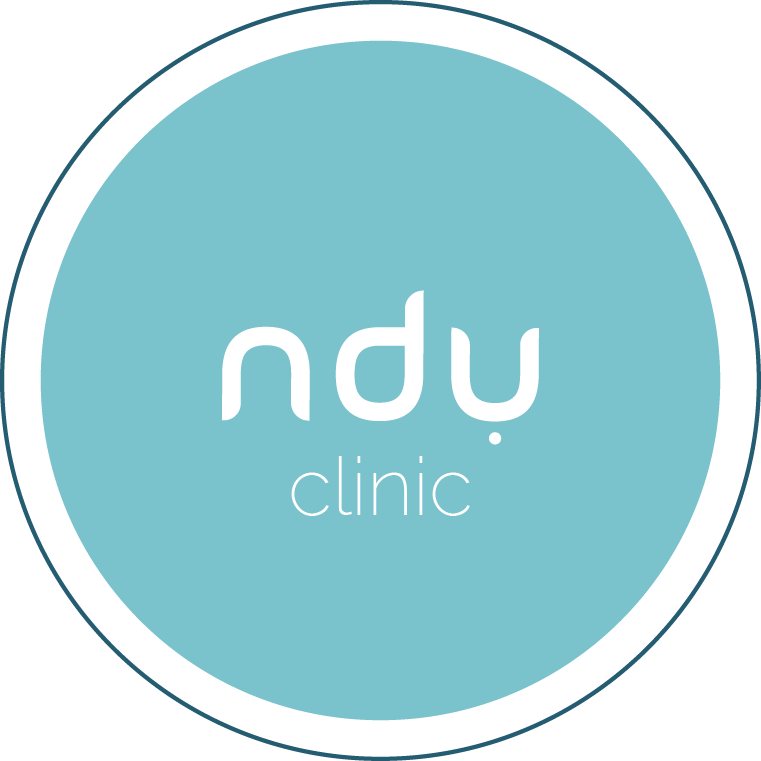When we think about cholesterol, its impact on cardiovascular health often comes to mind. However, cholesterol—particularly Low-Density Lipoprotein (LDL)—may also play a significant role in bone healing, especially in dental implantology. Recent scientific research has shed light on how elevated LDL levels can influence the success of dental implants, highlighting the need to consider cholesterol management in the context of oral health.
LDL Cholesterol and Bone Health: An Emerging Link
LDL cholesterol, commonly known as "bad cholesterol," is responsible for carrying cholesterol to cells throughout the body. While essential in moderate amounts, elevated LDL levels are associated with adverse health outcomes, including atherosclerosis. Recent studies have expanded this understanding, showing that high LDL levels may also negatively affect bone metabolism and healing.
A study published in the Journal of Clinical Medicine revealed that elevated LDL cholesterol could contribute to increased marginal bone loss around dental implants. This bone loss may compromise the stability of implants, potentially leading to failure. Such findings underscore the importance of considering systemic health factors when planning for dental procedures.
(Source: Journal of Clinical Medicine, MDPI)
LDL and Osseointegration: Hindering Implant Success
Osseointegration, the process by which a dental implant becomes firmly anchored in the jawbone, is crucial for the long-term stability of the implant. However, elevated LDL levels appear to interfere with this process.
Research in the Journal of Oral Implantology suggests that high LDL cholesterol can impair bone healing around dental implants, disrupting the osseointegration process. This interference could result in weaker bone-to-implant bonding and increase the likelihood of implant complications.
(Source: Journal of Oral Implantology, Academia.edu)
How LDL Cholesterol Affects Bone Healing
The mechanisms by which LDL cholesterol impacts bone health are complex but point to oxidative stress and inflammation as key culprits. High LDL levels are associated with increased oxidative stress, which can hinder the activity of osteoblasts—the cells responsible for bone formation. Inflammation further exacerbates the issue by disrupting the delicate balance of bone remodeling, making it more challenging for the bone to heal and integrate with the implant.
Clinical Implications: Managing LDL for Implant Success
For patients considering dental implants, managing LDL cholesterol levels may be a critical step in ensuring a successful outcome. Dentists and healthcare providers are increasingly recognising the importance of systemic health factors, like cholesterol, in oral surgery.
Lifestyle changes, such as a heart-healthy diet and regular exercise, can help control LDL levels. In some cases, medications may be necessary to achieve optimal cholesterol levels. For individuals undergoing dental implant procedures, maintaining healthy cholesterol levels could improve bone healing and enhance the overall success rate of implants.
A Holistic Approach to Oral Health
The relationship between LDL cholesterol and bone healing highlights the importance of taking a holistic approach to oral health. Dental implants are not just about teeth—they’re also about the intricate interaction between systemic health and bone biology. By addressing factors like LDL cholesterol, patients and providers can work together to achieve better outcomes and long-lasting implant stability.
While dental implant success relies on precise surgical techniques and high-quality materials, systemic health factors like LDL cholesterol play an equally important role. Emerging research suggests that elevated LDL levels may negatively affect bone healing and implant stability. For patients preparing for dental implants, managing cholesterol levels could be a proactive step toward a healthier, more successful outcome.
By understanding and addressing the connection between LDL cholesterol and bone health, dental professionals can offer a more comprehensive approach to care—one that supports not just oral health but overall well-being.
Scientific References Supporting the Blog
Marginal Bone Loss and LDL
Journal of Clinical Medicine:
"High LDL cholesterol levels are associated with increased marginal bone loss around dental implants, potentially affecting implant success."
MDPI Journal of Clinical Medicine, Volume 13, Issue 11, Article 3212
LDL's Impact on Osseointegration
Journal of Oral Implantology:
"Elevated LDL cholesterol may hinder osseointegration and compromise bone healing around titanium dental implants."
Academia.edu Article on Osseointegration and LDL
Oxidative Stress and Inflammation as Mechanisms
Frontiers in Endocrinology:
"LDL cholesterol induces oxidative stress, reducing osteoblast function and impairing bone remodeling."
Frontiers in Endocrinology Research
Systemic Health and Dental Implant Success
Clinical Oral Implants Research:
"Systemic conditions, including hyperlipidemia, are significant predictors of implant outcomes, underscoring the role of cholesterol management in dental care."
Wiley Online Library: Clinical Oral Implants Research
Role of Lifestyle in Managing LDL for Dental Health
American Journal of Clinical Nutrition:
"Dietary interventions aimed at reducing LDL cholesterol have secondary benefits for bone health and recovery post-surgery."
American Journal of Clinical Nutrition
Written by Milica Kosijer, BSc (Hons)

